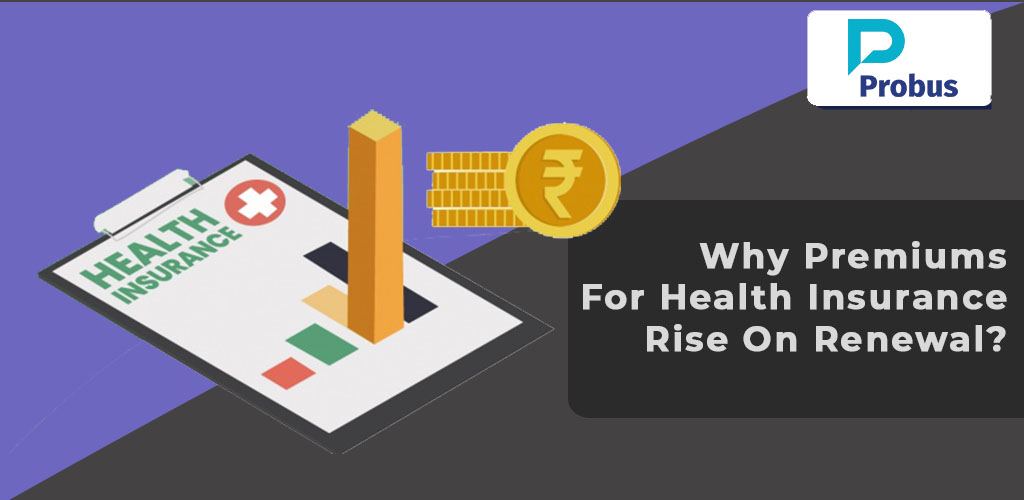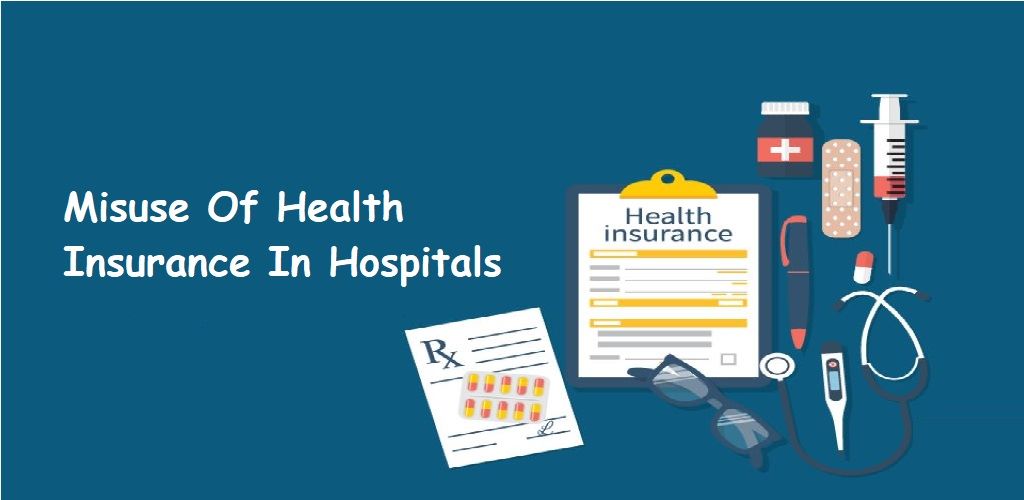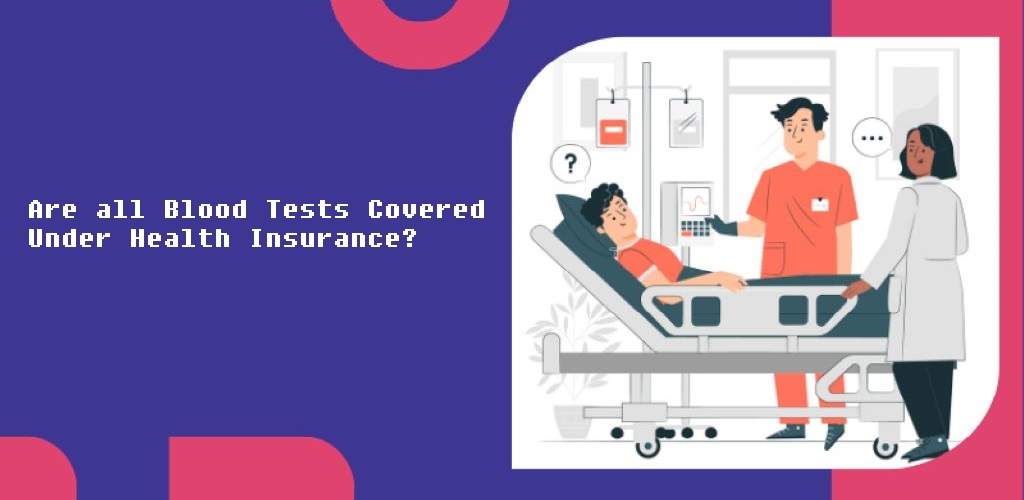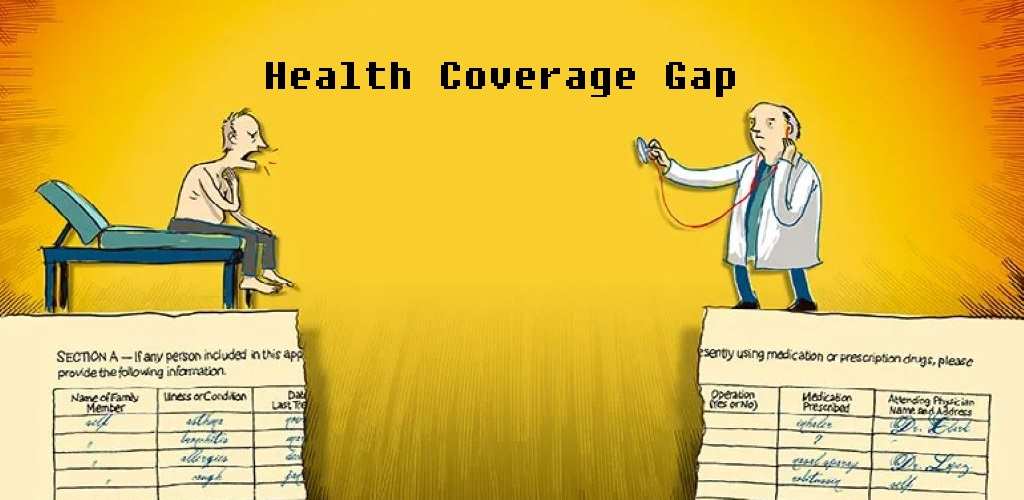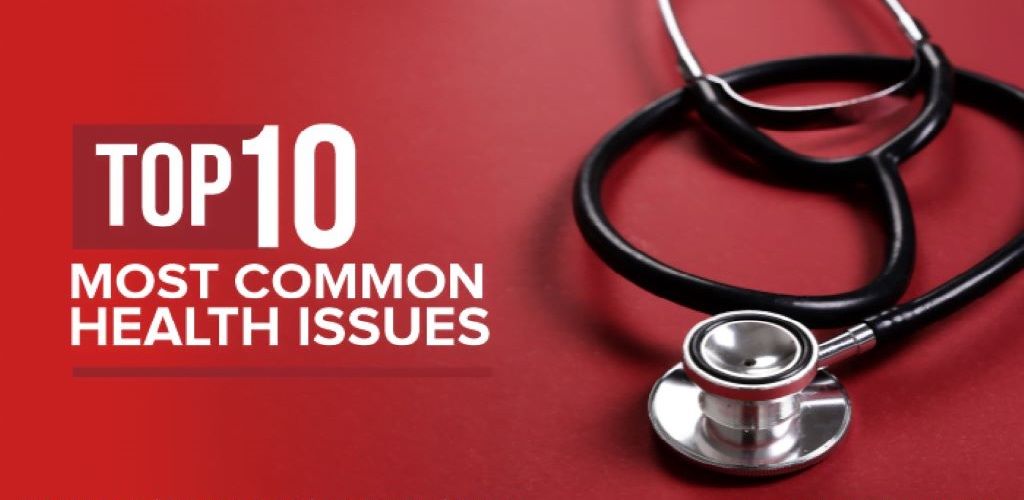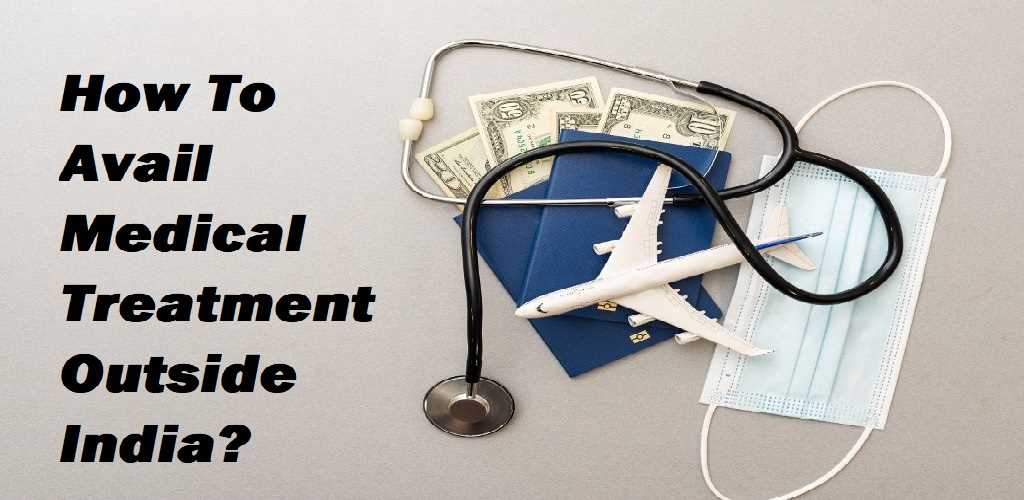You may have observed that your premium amount rises each year if you have a medical insurance policy. The cost of health insurance is predetermined for each policy year and is subject to change at each renewal.
Private health insurance companies, unlike national health plans, are for-profit businesses that exist to generate profits for their shareholders. They use raising your rates as their main strategy to deal with rising costs. Let’s examine each of the factors in greater detail to see why your health insurance premium rises at renewal and what you can do to prevent it.
Reasons Why Your Health Insurance Premium Rises On Renewal
Below are some of the following reasons a health insurer might increase your premium:
Medical Inflation:
Medical care is a large industry that is impacted by important developments like the current increase in global inflation. Costs for medical facilities, staff, supplies, and equipment have all increased, some quite significantly.
In 2021, India had the highest rate of medical inflation in Asia, at 14%, according to the Times of India. This covers general expenses including the price of prescription drugs, hospital admission fees, the price of different treatments, medical developments, and so forth. Due to the increase in these costs, your insurer must also raise your sum insured, or coverage, each year to pay for these fees when you file a claim.
Age Factor:
You may already be aware of the fact that a number of factors, including your age, affect the cost of your health insurance. Your health insurance renewal premium may in some situations also increase due to your age. This is particularly valid for people who reach 60 during or right before renewal.
Your medical expenses will rise in direct proportion to the general decline in health that comes with aging. As a result, this is addressed by your policy by increasing your rates as you age. For younger people, the rate of these increases typically rises at a reasonable flat rate until increasing significantly beyond the age of roughly 40. This reflects the fact that as time goes on, our health tends to deteriorate.
Claim History:
Depending on how many and how many claims you’ve filed over the course of the year, some insurers will raise your health insurance rate. It’s possible that not all health insurers operate in this manner.
Therefore, it is advised to open your policy booklet and look at the claims section—or the section where your terms and conditions are listed—to see if your health insurance increases your premium based on your claim history.
There isn’t much you can do with your current insurer because it is part of their terms and conditions if your insurer does increase your premium based on your claim history. You might, however, think about switching to a different health insurer that does not have this restriction. Since porting is something you can only do at renewal, consider your other options and choose wisely.
Your Health Status:
Insurance firms reward healthy customers who don’t file claims by giving them a bonus insured amount over the initial insured amount for each year that no claims are filed. The total insured is increased rather than the premium amount being lowered, which is similar to car insurance which offers a discount on renewal if no claims are filed.
Similarly, if you just received a diagnosis of a condition that may demand more coverage, certain health insurers may raise your renewal premium. One suggestion is to possibly refrain from filing minor claims during the year to take advantage of benefits like cumulative bonuses. For instance, if you fractured your bone during the year, you could decide not to file a claim because the cost wouldn’t be as great. By doing this, you can benefit from an increase in your insured sum without experiencing any premium price increases and have a claim-free year.
Change In Coverage Benefits:
Depending on the terms and conditions of your insurer, you may decide to adjust your coverage and benefits when your health insurance is renewed. The premium will increase if you choose to subscribe to specific add-ons at the time of renewal.
If your family has a history of heart disease, for instance, you might want to sign up for an add-on that provides specific coverage for heart-related illnesses. Therefore, your health insurance premium will also increase based on any changes you make, such as choosing an add-on or increasing your insured amount.
Tips On Saving On Health Insurance’s Premiums During Renewal
It is best to look at the ways that can help lower the cost of health insurance premiums now that you have a quick understanding of why premiums increase during renewal.
- By remaining informed of the numerous health insurance laws that the IRDA has passed.
- By staying away from a health insurance policy that holds claims.
- Through the selection of a policy with a high top-up/deductible.
- By carefully examining the company’s practice of increasing premium prices for a specific age group.
- Never wait until your health insurance coverage is about to expire to evaluate and renew it; this is never a good idea! It’s a good idea to start 45 days in advance, at the very least! You won’t lose out on any renewal bonuses or benefits if you do it this way.
- Purchasing family floater coverage enables your family to pay a lower total rate.
- By maintaining good health and having fewer medical issues.
- Changing insurance providers can also result in lower premiums.
- To avoid any last-minute shocks when filing a claim, it is best to inform your insurer of any new illnesses or diseases you have been diagnosed with during the year when you are renewing your insurance.
- Don’t pick the same insured amount for everyone if you are renewing or purchasing new individual health insurance plans for your family members. Age-related changes in healthcare needs need you to adjust the amount insured for your family members.
- Check your policy to discover what benefits your insurer provides for renewal. You can make sure you get them when your health insurance is renewed by doing this.
Takeaways
Medical emergencies almost usually occur without warning and might drain your savings completely in severe situations. So, while paying your health insurance premium on time is usually a good idea, it can also be quite beneficial to increase your understanding of how health insurance functions. In this way, you are able to get and retain health insurance that matches your needs while also remaining knowledgeable about how the policy price will change or increase as you age.

